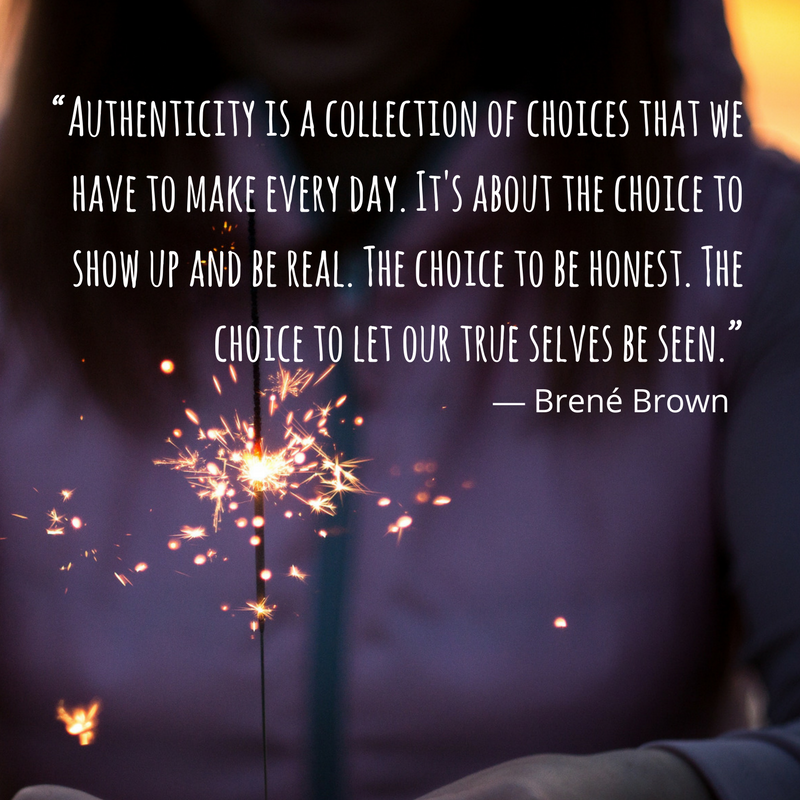
by Jen Forristal | Jan 11, 2018 | Authenticity
“Authenticity is a collection of choices that we have to make every day. It’s about the choice to show up and be real. The choice to be honest. The choice to let our true selves be seen.” ― Brené Brown
This quote from Brené Brown really captures one of the most pivotal lessons of authenticity and all the umbrella skills. They are choices.
Every day you can choose to be real, honest, kind to yourself and every day is a new day to make this choice. Understanding our ability to choose is where true empowerment lies – not from wishing the rain away.
Teach your child this valuable lesson by modelling these choices yourself.
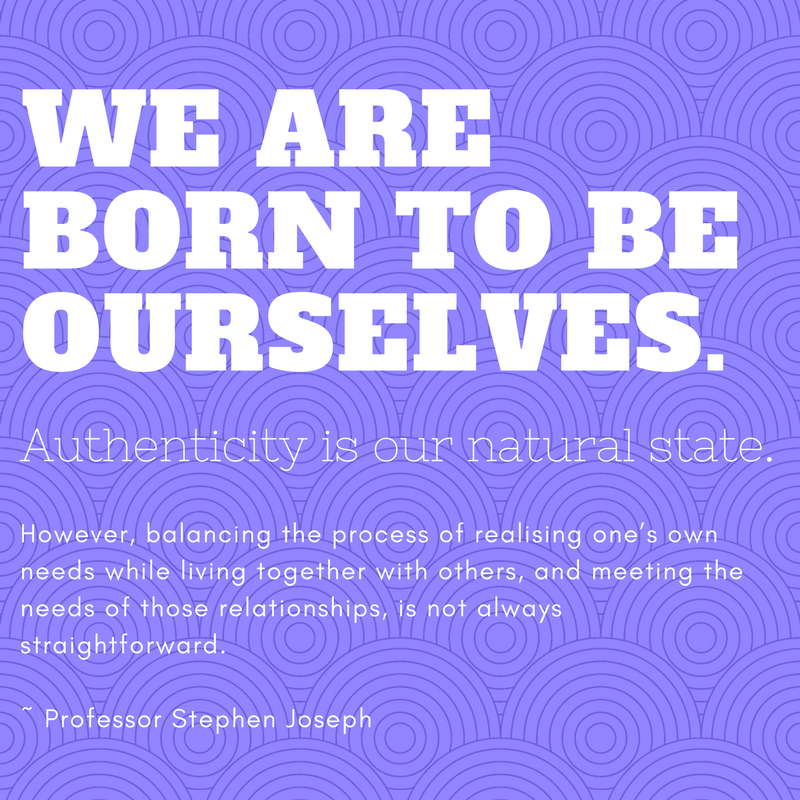
by Jen Forristal | Jan 8, 2018 | Authenticity
All the pieces of your umbrella are important and work best together! As you focus on authenticity skills this month, be sure to remember the other skills in your umbrella to get the most out of this great skill. Sometimes authenticity in the absence of cognitive flexibility, mindfulness or empathy (to name a few), can diminish its value.
Why? Helping our children find their authentic voice is very important for future wellbeing, but can’t be at the sacrifice of their adaptability.
Swearing off vegetables for the rest of your life because you aren’t a vegetable person is not authenticity at its best. Neither is making everyone around you march to your drum beat all the time. We are social creatures and finding the balance between being authentic and having strong, compassionate relationships is critical. Healthy authenticity is not a staunch belief that you are always right, closing your mind to all other opinions.
Authenticity work best when you keep an open mind, become a great listener, try many new things and keep your values always open to shifting based on new information.
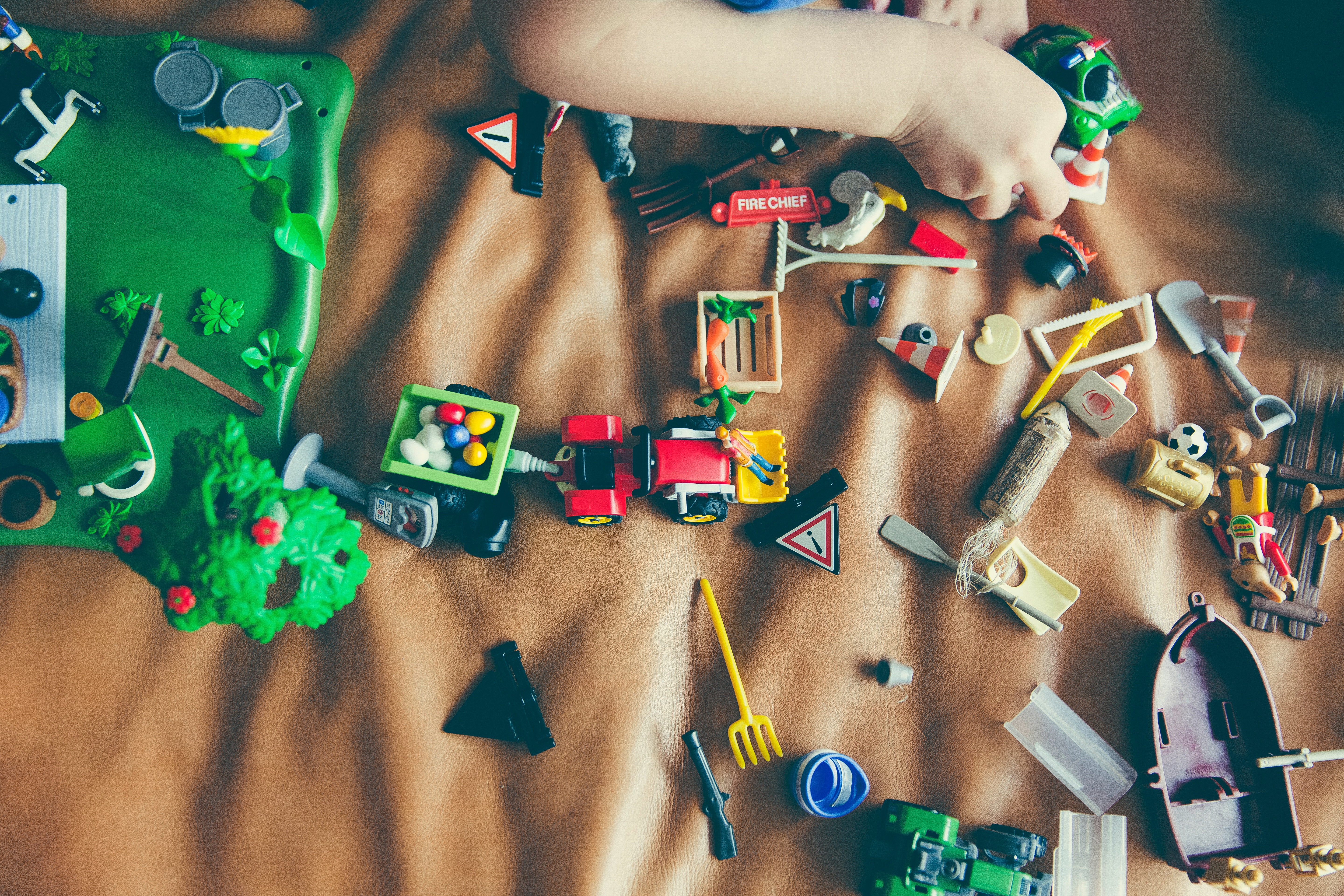
by Jen Forristal | Jan 5, 2018 | Authenticity
Over the holidays, I had the less-than-brilliant idea of letting the kids open a few gifts in advance of Christmas.
We selected a small gift for my seven-year-old son to open on the 23rd, a little transformer. He opened the gift and played for a minute or two before declaring that he wasn’t really keen on the gift and wanted to open a different gift or return this one to the store in exchange for another. Certainly not his best moment of gratitude or my best moment of parenting as I launched into a solid lecture on why what he said was ungrateful and not okay. His tears flowed as he reminded me about last year when I had told him that it’s okay to be honest with me if he didn’t like a gift. Oops! Not only did I forget about that, but I also lost sight of the big picture – his umbrella of wellbeing.
For me, there are a few takeaways from that moment.
First, while my son may not have been great at gratitude in that moment he was very authentic, sharing his true feelings with me which I, in return, told him were not okay. Instead, I could have thanked him for being honest with me and explained a better way to share those feelings. Recognizing kids for being honest and authentic is a great way to help them use that strength more often.
Second, the skills of wellbeing are built over a lifetime. We can look at childhood as a time of building towards a fuller expression of these skills. In that context, my son is at best one-third of the way to a complex development of gratitude. There was really no need at all to get on my parenting soap box; rather, I should have coached him through the process of developing and understanding gratitude. All too often we use frustration or out-of-proportion responses that can suppress our child’s authenticity. By viewing your children as works in progress, you can relax about the small moments and help them build their identity through their own trial and error.
In fact, we are all a work in progress and it’s important to look at ourselves this way too. Parenting is a tough job and mistakes are normal and expected. Make sure you are equally kind to yourself as your umbrella continues to grow.
Featured image by Markus Spiske on Unsplash.
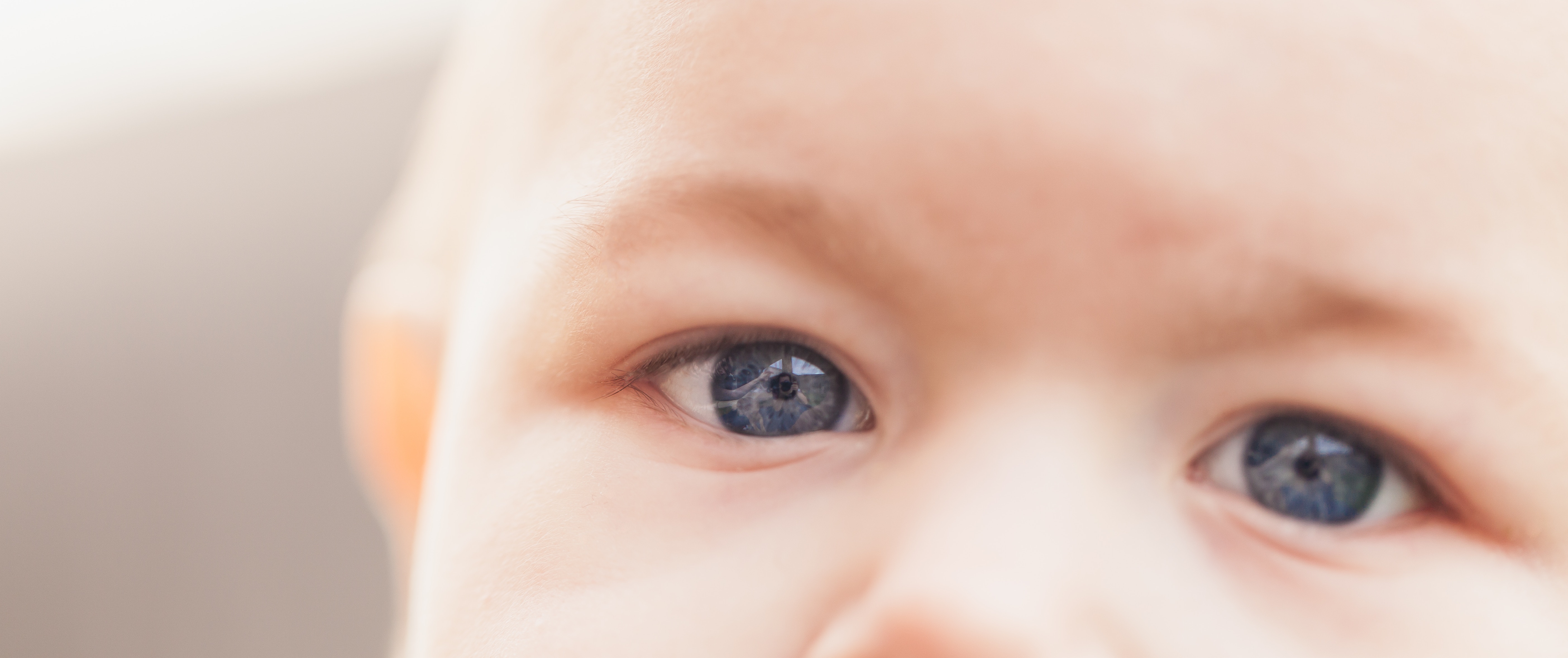
by Jen Forristal | Jan 5, 2018 | Authenticity
If your house is anything like mine, you probably get a pretty good dose of the daily trials and tribulations of being a child through your child’s eyes. As your child observes the world around them, help them to establish the values that they want to live by through asking them regularly for their take on situations. The more they articulate their values, the easier it will be to match their actions to those values, a hallmark of authenticity.
Here is an example: When my daughter comes home and tells me about a fight at school that involved her friends talking behind each other’s backs, I ask her how she might have dealt with the situation? What does she think would the best way be to deal with a friend that you are frustrated, annoyed or fighting with? It may seem simple, but getting your child to articulate the principles they value helps to keep them front of mind when they are faced with a similar dilemma. To preserve authenticity, try not to coach them on the “right” responses but help them develop their values over time through conversation.
We are most authentic when our values match our actions so reflecting on core beliefs and principles is a great place to start the conversation.
Featured image by Brandon Day on Unsplash.

by Jen Forristal | Jan 2, 2018 | Authenticity
Happy New Year from the Umbrella Project!
We want to start the new year by expressing how truly grateful we are for all of you: the parents, caregivers, educators and friends who work with us to build the umbrella of wellbeing skills that children need to embrace a life with all kinds of weather.
We couldn’t make these positive changes in childhood wellbeing without you. Thank you for sharing this project with your children and the people around you.
To kick off 2018, we want to start with an exciting skill – one that will help your kids feel proud of who they are and embrace their unique and powerful gifts this year. That skill is AUTHENTICITY.
What is Authenticity?
Authenticity is the ability to be our genuine selves, staying true to our values and beliefs even under pressure, while still adapting to the world around us. Authenticity comes from having actions that match the words we say and not trying to be someone else to impress others. It’s very difficult to feel unconditionally loved and accepted without this critical skill.
Research shows that authenticity helps kids stand up for what they think is right, which reduces bullying and social stress. As parents, we can do a lot this year to work against the concerning trends in childhood mental health just by helping kids embrace and feel confident in their true selves.
With increased authenticity also comes increased self-confidence and trustworthiness, characteristics that will help your children create strong and lasting friendships which we know to be critical to their long-term wellbeing.
Check in often this month for tips and tools that will help you identify and build this great skill in your children!
![[Infographic] Achieving Stress-Free Behaviour Change](https://umbrellaproject.co/wp-content/uploads/2017/09/Stress-Free-Behaviour-Change-Infographic.png)
by Jen Forristal | Sep 21, 2017 | Authenticity, Umbrella Intro
Download a PDF copy of this infographic here.
Week 1
The kids estimated that they would need 16 boxes for the week based on the fact that they were bickering a few times/day.
Number of boxes coloured: 3.
Number of times I lost my parenting cool: zero.
This week we have reduced our success threshold to 8. Continue this process until the behaviour is held at an amount that feels age appropriate and try to have fun with it. A little humour goes a long way when it comes to getting kids to buy in!

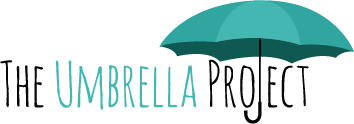




![[Infographic] Achieving Stress-Free Behaviour Change](https://umbrellaproject.co/wp-content/uploads/2017/09/Stress-Free-Behaviour-Change-Infographic.png)